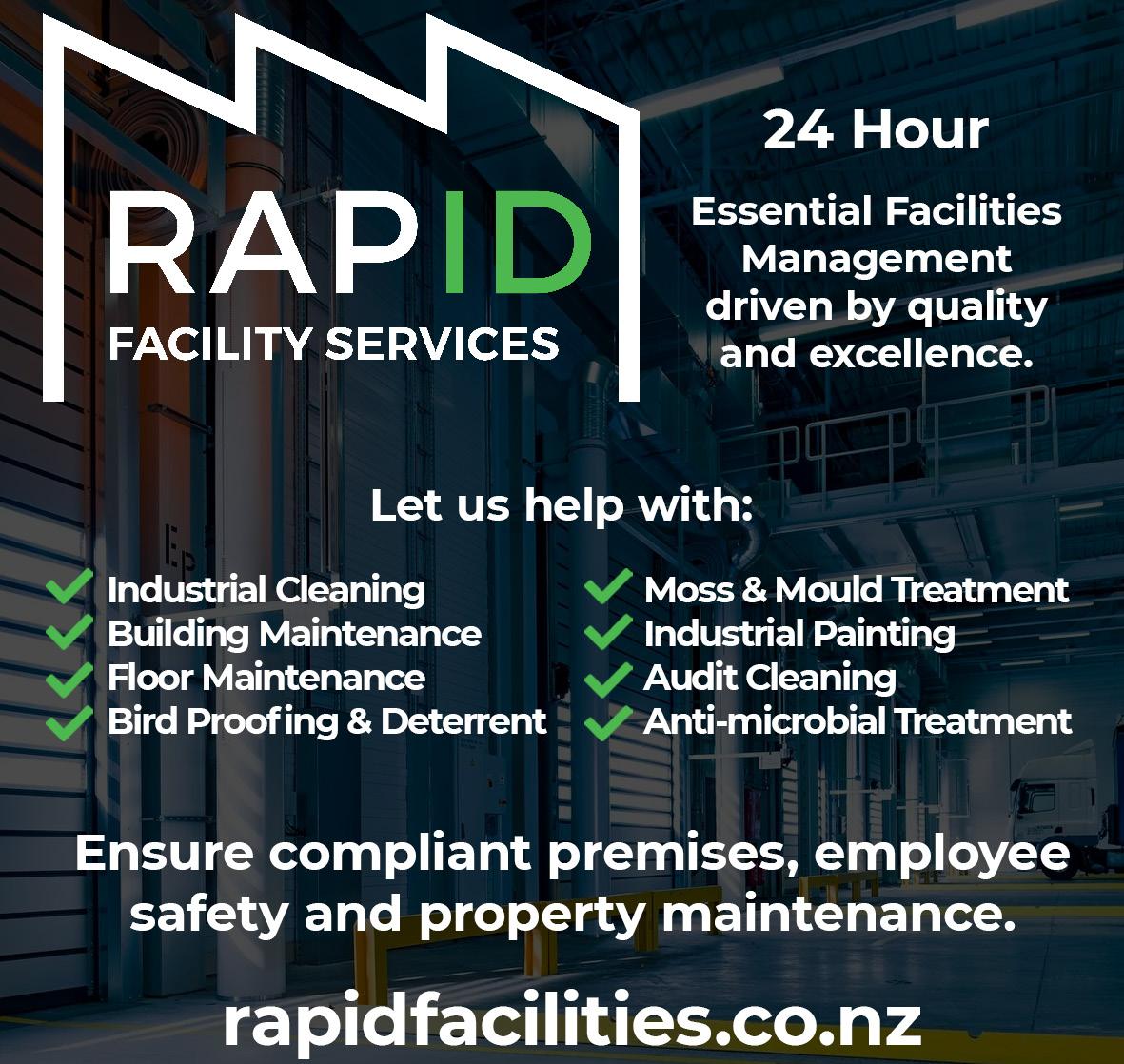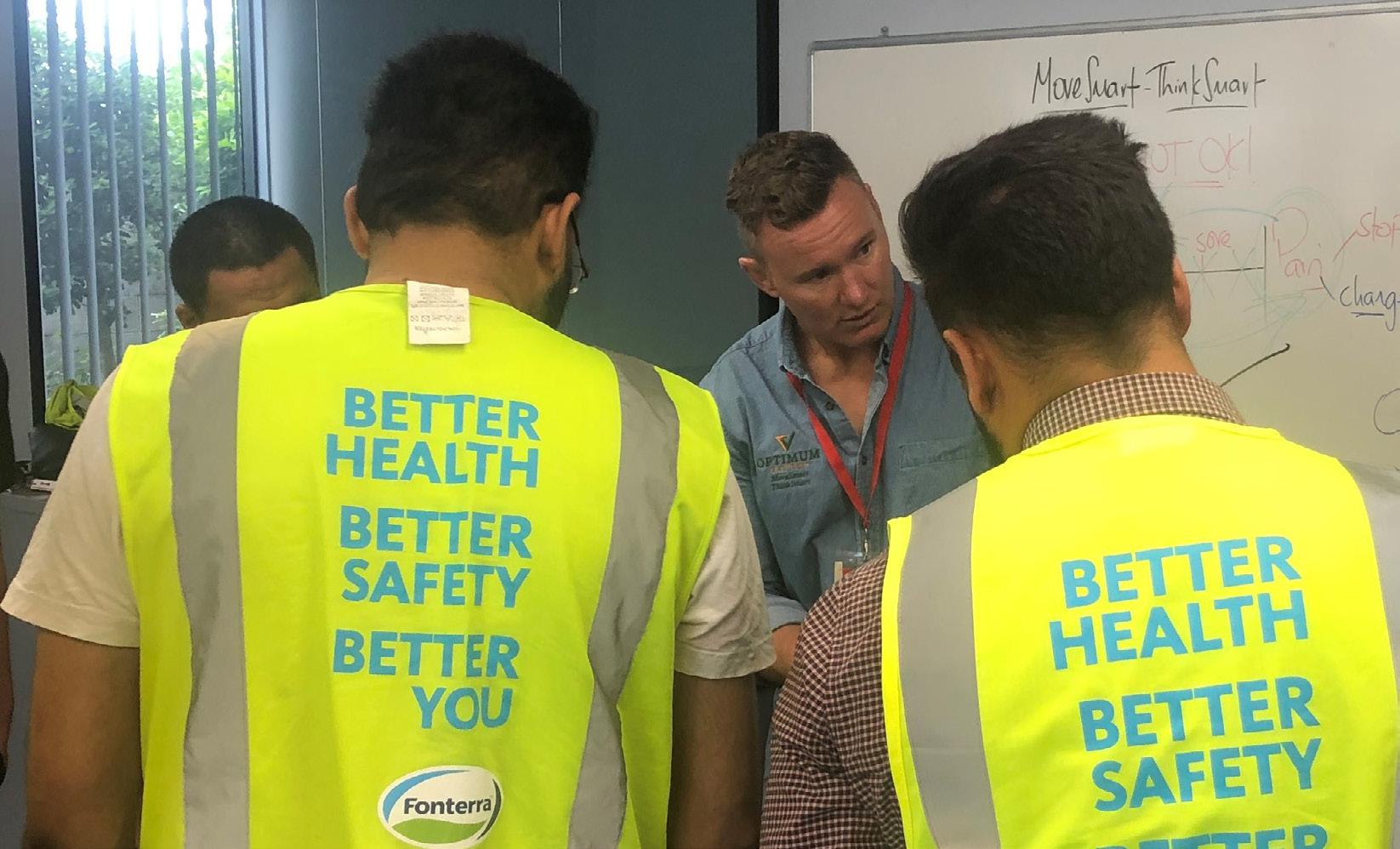
6 minute read
Good time to become a property developer for the right sector
Despite four lockdowns in Auckland within the past 12 months, residential developers are seeing unprecedented sales, with well-designed and well-situated townhouses proving extremely popular in Auckland.
Developers are discovering that councils are a lot more “can-do” when it comes to consenting. Bureaucratic barriers are at an all-time low.
Advertisement
I suspect that is ultimately because they don’t want the government to take that authority away. Regardless, councils are now a lot more confident saying yes, helped by politicians and the public being more onboard.
Not so long ago, developers wanting to build affordable housing were public enemy number one in most neighbourhoods.
Now with the country’s housing shortage viewed as almost a national emergency, developers promising attractive and integrated projects are positively working with council staff and communities to deliver some great results.
Auckland’s Unitary Plan, which promotes intensification and the release of land, is proving to be a major catalyst in more people throwing in their day jobs and turning their hand to property development.
There’s serious money to be made if they can buy a full site for $2 million, take the house off it, fully presell and build 10 townhouses. They should be able to make at least a 20 percent profit.
We’re happy to fund most of these developers 100 percent of the cost, because effectively the risk is almost zero. One townhouse development we are currently financing in Auckland sold 80 percent of the units within two weeks of the consent being granted.
Most of the residential projects you’re seeing pop up around the region comply within the new zoning rules. Without infringements means their consents go non-notified which again reduces the risk and ultimately costs.
I believe Auckland Council will be forced to release more land sooner than forecast, partly due to the permitted density and height within urban areas often not being fulfilled by developers - hence the number of houses able to be built is not achieved.
In many cases council planners are encouraging developers to maximise the density of these brownfield redevelopment projects, but that’s not what Kiwis are after.
Generally, buyers don’t want to live in multi-storey apartments. They want their piece of grass and fewer neighbours.
Hence, generally we’re seeing boutique low rise apartments at most. More common around Auckland, though, are attached townhouse developments with good amenity and proximity to public transport, meaning they can cut down on the carparking.
The cost of constructing vertical apartments often proves prohibitive.
With townhouses, it’s largely horizontal construction and so it’s a lot more feasible from the outset. Not only does that mean less concrete and no elevators but building costs can be much better forecast and contained.
Residential building companies involved in townhouse construction have got considerable experience now. Budget and time overruns are much fewer. That protects the developers’ margins and importantly keeps the purchase price down for buyers.
Record low interest rates remain a key driver in Kiwis getting into property ownership.
With the Reserve Bank reinstating loan-to-value ratios, the 20 percent deposit requirement for home buyers means over $200,000 upfront just to secure a ‘median priced’ existing property in Auckland.
With new dwellings exempt from the LVR restrictions, demand and supply for residential developments will continue to flourish as borrowing for a new build is more doable if serviceability can be proven.
Auckland Council’s vision of a more compact city is finally starting to be realised at least in part – albeit not as intensive as planned or predicted.
Developers are delivering products that reflect market demand, and once agitated Aucklanders now better accept a more intensive city.
A few years back, most developers headed out to peripheral Auckland and built subdivisions, as it was the place of less resistance and cheaper.
Now with the Unitary Plan working and NIMBYs all but resigned, developers are confidently turning their attention to the city’s existing neighbourhoods.
We are now seeing plenty of quality transformation taking place.
Solid start to new urbanism
With housing demand insatiable, the economy stable, zoning workable, costs controllable, and the public more agreeable, there’s never really been a better time to be a property developer, says Director of New Zealand Mortgages & Securities, James Kellow
James Kellow is a director of New Zealand Mortgages & Securities, a specialist property financier which has assisted with delivering nearly $2 billion of property developments.
5 Good time to become a property developer for the right sector
8 Electric vehicles poised for mass acceptance as majors enter the market
10 Wellington leads the way in emissions control over the city of sails
12 Time to plan space for micro-mobility to operate safely
16 Komatsu introduces new performance standards
18 Fonterra construction culture change bears fruit in safety and productivity
20 The city at your door in 20 minutes could be become the vogue
22 Checklist for worksite safety – basic repeats
24 Goleman virtual safety training leads the way
26 Workplace bullying a serious and complex problem
32 Cement solution for more than half our used tyres
33 Michelin leads the recycle tyre tech
34 Unlearning misguided muscle training keeps you pain free at home and work
36 Responsible Care steps in to keep your worksite chemical safe
38 Benchmarking pay trends in New Zealand by One Staff
40 Blended learning the way of the future from the Red Cross
42 ACC works for construction safety and offers subsidies for expert advice
46 Mixed bag of housing incentives no guarantee for success
52 Construction industry recovery metrics from Deloittes
Published by Media Solutions Ltd PO Box 503, Whangaparaoa Auckland 0943 09 428 7456

Original material published online and in this magazine is copyright, but may be reproduced providing permission is obtained from the editor and acknowledgement given to Media Solutions. Opinions expressed are those of the authors and may not necessarily be those of Media Solutions Ltd. Sales Manager Margie Lindsay +64 22 317 8170 margie@infrastructurebuild.com Editor Michael Curreen +64 21 029 20234 michael@infrastructurebuild.com Get our FREE newsletter emailed to you each week
eepurl.com/dp33ez


Sponsored Article Hard work gets results
The success of Rapid Facility Services is driven by a team that combines experience, commitment and a professional skillset that covers every aspect of facilities management with personal service
The team was forged by three friends working in the industry who realised that the key thing stressed building managers, business owners and landlords needed was to make a single call and get a reliable and qualified support team that would cover any aspect of facilities management.
The Rapid trio set down a business philosophy that “we will do what others can’t or won’t do “ and set about assembling a highly trained, efficient and safety-conscious team of professionals who get the job done right, the first time.
Today that service stretches from food manufacturers’ audit cleaning, all aspects of industrial cleaning, painting, building and floor safety management to anti-microbial and moss and mould treatments to prevent surface damage to roofs, ceilings, walls, floors and specialised equipment. Having worked in the industry for many years, three friends, Paul Schoch, Robyn Schoch and Andrew Chan realised that by combining their skills, they could create a company unlike any other












